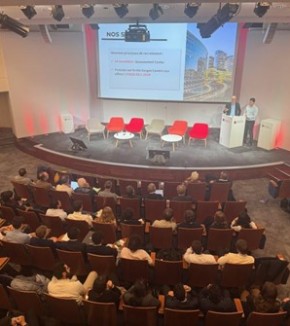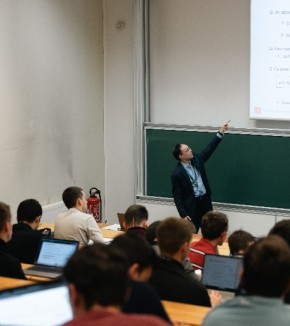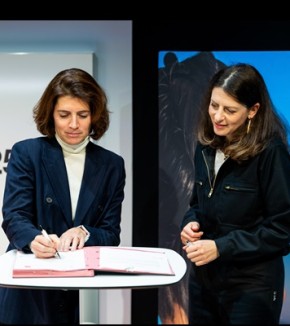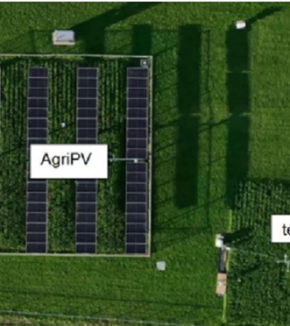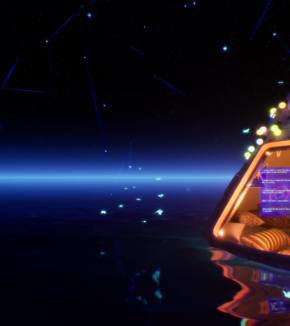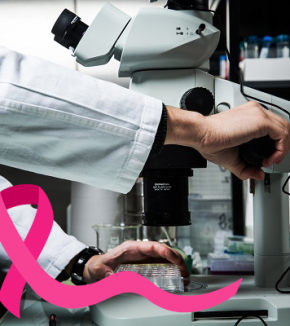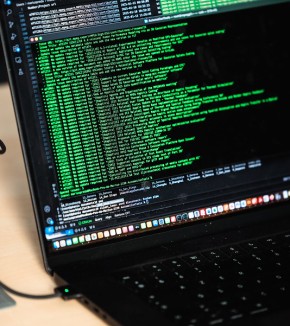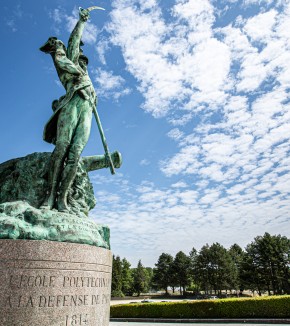Educational content

Two education pillars:
PHY550 – Plasmas in Space Science and Technology
- Natural Plasmas in space (solar wind, planetary magnetospheres,ionosphere, etc.).
- Interaction between the satellite and the space environment.
- Propulsion of satellites by using plasma thrusters.
PHY569B – Space Missions and Astrophysical Plasmas
- Exploration missions of the Solar System.
- Space instrumentation.
- Key astrophysic phenomena: shocks, magnetic reconnection, turbulence.
PHY569C – Space Mechanics and Multi-Disciplinary Optimization
- Tools for the analysis of space orbits, notion of cahotic orbits and collision risk management.
- Mathematical methods and machine learning for the conception of space systems.
- Selected projects, with laboratories and partners. Great diversity of topics; from theoretical physics to engineering and space projects, through applied mathematics and machine learning.
- Projects lead by students working in pairs.
- Supervisors selected on the basis of their scientific and educational qualities.
- Follow-up from the PA manager.
- Possibility to continue the project in period 3 (stage de recherche).
NUMERUS CLAUSUS : PA limited to 22 students to ensure excellent project supervision
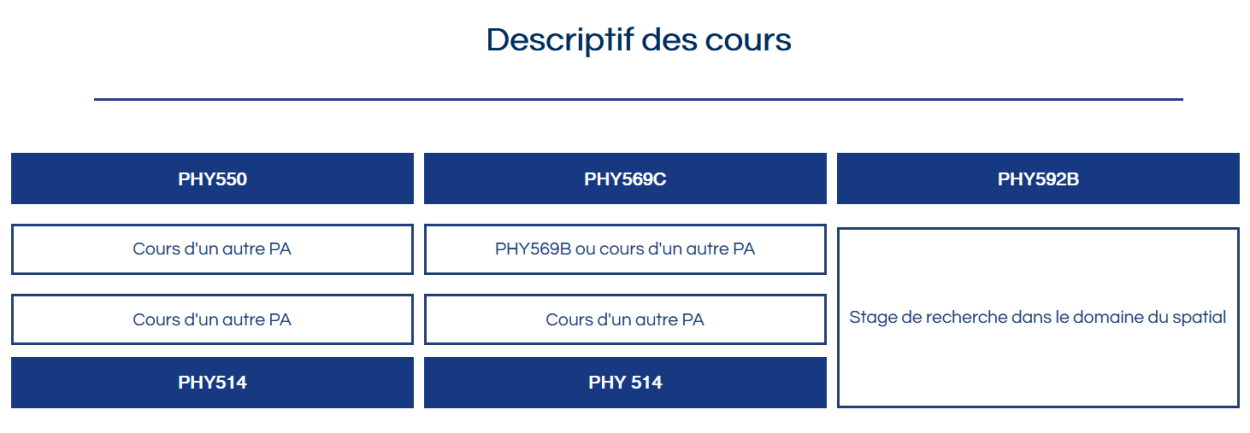
- INF558 : Introduction to Cryptology
- MAP551 : Dynamic systems for the modelisation and simulation of multi-scale reactive environments.
- MAP555 : Signal Processing
- MEC554 : Compressible Aerodynamics
- MEC552A : Numerical methods in fluid dynamics
- PHY553 : Stellar Astrophysics
- PHY574 : Cosmology
- INF568 : Advanced Cryptology
- MEC560 : Propulsions
- MEC561 : Fluid-Structure Interactions
- PHY569B : Space Missions and Astrophysical Plasmas
- PHY583 : Black holes, neutron stars, and associated phenomena
To complement the training
- CNES: An intensive one-week training course at the beginning of the year (September) created and delivered in Toulouse for PA students.
➢ An immersion in the world of space before starting courses and projects at the X.
➢ Allow students to get to know each other better and create cohesion among PA students.
- MasterClass of the PA: Conferences and discussions with space experts and start-up creators.
➢ Complement the students’ culture and knowledge of the space industry.
➢ Create a community and inform the students about the different profiles and careers in the space domain.
- Internship of period 3: partnerships with major universities, among which Caltech JPL, Stanford, UC Berkeley, Université de Tokyo, Australian National University, EPFL Lausanne, TUM Munich
➢ An experience abroad.
➢ A wider view on space missions, agencies, and international collaborations.
 Support l'X
Support l'X 
